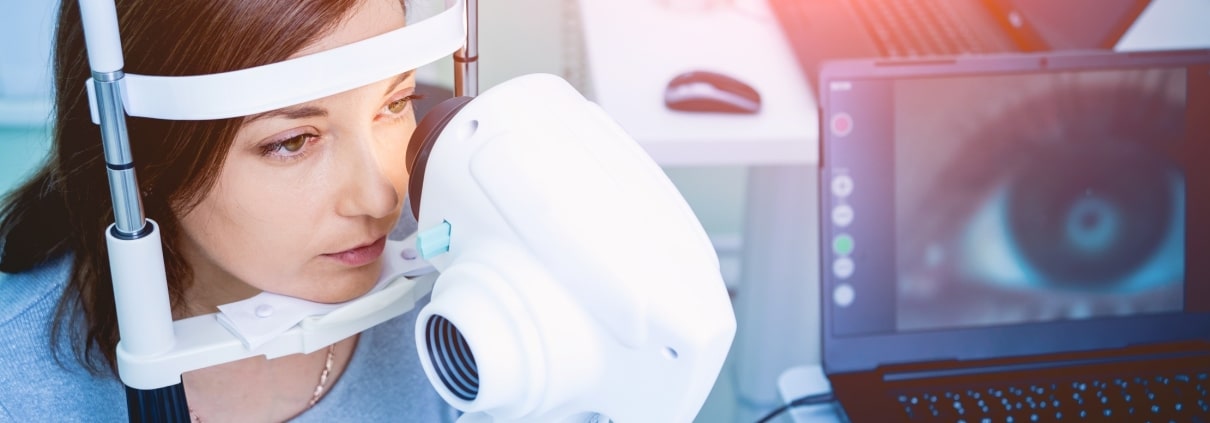What is Low Vision Care?
Low vision is a condition that affects millions of people worldwide. It is a term used to describe significant visual impairment that cannot be corrected with eyeglasses, contact lenses, medication, or surgery. Individuals with low vision may have difficulty performing everyday activities such as reading, driving, or recognizing faces.
The professional team at Dr. Edward Paul, OD, Ph.D., of Wilmington, NC, is proud to serve the local community with premium low-vision care services to help restore your confidence in a happy and healthy lifestyle.
Low vision care is specialized to help individuals with low vision maximize their visual abilities and maintain their independence. It is a collaborative effort between ophthalmologists, optometrists, and other healthcare professionals specializing in low-vision care.
This also focuses on helping individuals with low vision make the most of their remaining vision through visual aids, environmental modifications, and training. The goal is to help individuals with low vision achieve their goals and maintain independence.
Why is Low Vision Care Important?
Low vision can significantly impact an individual’s quality of life. It can make it difficult or impossible to perform everyday tasks, such as reading, writing, cooking, or driving. This can lead to frustration, isolation, and a loss of independence.
We can help individuals with low vision overcome these challenges by providing them with the tools, resources, and support they need to maintain their independence and quality of life. By working with a low-vision specialist, individuals with low vision can learn how to use visual aids, make environmental modifications, and develop new skills to help them achieve their goals.
Types of Services and Devices Available for Low-Vision Care
Visual aids are devices that can help individuals with low vision make the most of their remaining vision and should complement proper glasses or contacts. There are many different types of visual aids available, including:
- Magnifiers: Magnifiers are handheld devices that can be used to enlarge text and images.
- Telescopes: Telescopes are devices that can see distant objects more clearly.
- Microscopes: Microscopes are devices that can see small objects more clearly.
- Filters: Filters are devices that can enhance contrast and reduce glare.
- Electronic devices: Electronic devices, such as video magnifiers and screen readers, can be used to enlarge text and images or convert text to speech.
Environmental Modifications
Environmental modifications involve changing an individual’s environment to make it easier to see and navigate. Some common ecological changes include:
- Increased lighting: Adding more lighting can help make it easier to see.
- Contrast enhancement: Adding contrast to surfaces, such as painting door frames a contrasting color, can help make them easier to see.
- Organizational tools: Using administrative tools, such as label makers and high-contrast calendars, can help individuals with low vision stay organized.
Your Trusted Low Vision Care Expert
Low vision can be a challenging condition to live with, but with the proper care and support, patients can lead fulfilling and independent lives. Low-vision care professionals, including optometrists, ophthalmologists, and occupational therapists, can provide patients with the tools and resources to maximize their vision and maintain their quality of life. Suppose you or a loved one is living with low vision. In that case, it’s essential to seek out the care of a qualified low-vision specialist who can help you navigate the challenges of this condition and find the solutions that work best for you.
During your next appointment with the proficient team at Dr. Edward Paul, OD, Ph.D., of Wilmington, NC, you can be sure you are receiving the utmost care and guidance you and your unique situation deserve.



